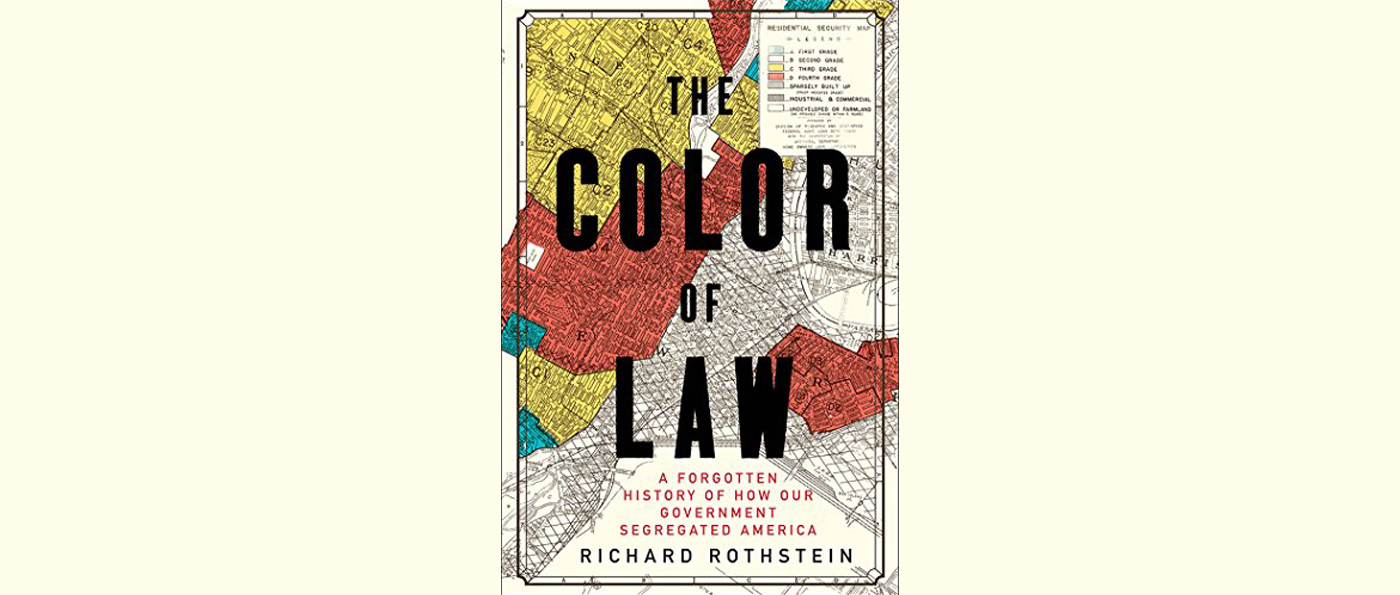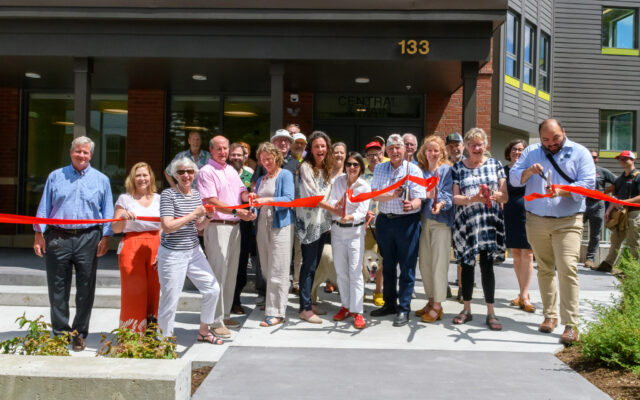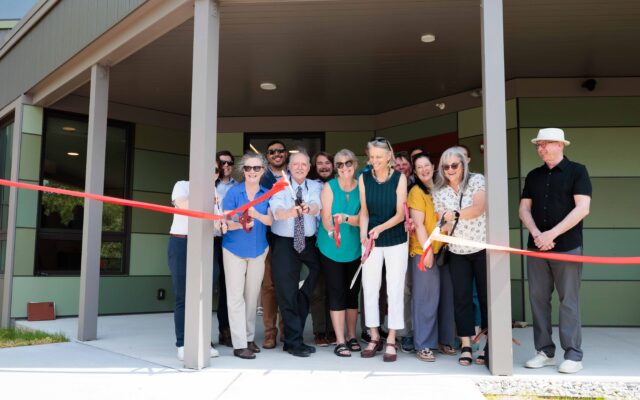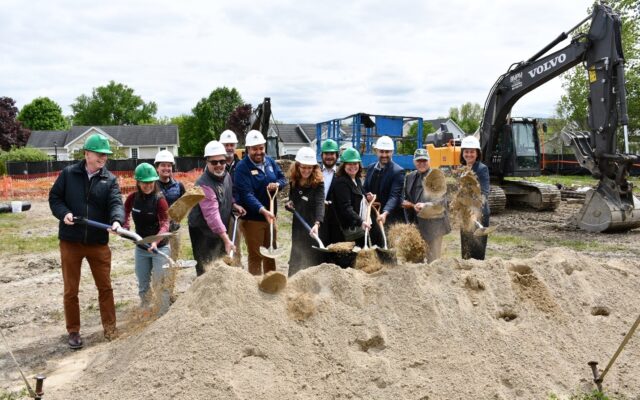Affordable housing can promote health, build wealth, and change neighborhoods and lives. But housing is also used as a tool to divide communities, perpetuate unfair educational opportunities, reduce wealth, and sustain segregation.
Racial inequality is rooted in our nation’s history of slavery, and it has been structurally maintained by public policy, including through housing and community development programs and policies. The murder of George Floyd by a police officer in Minneapolis, Minnesota is one more act of state violence against black and brown people. The events that followed – including protests around the world and demands for changes to law enforcement and other systems –was a clarion call for us all to do better, as organizations and as individuals.
At Evernorth, we take that responsibility seriously. We understand that white privilege is real, and that black lives matter. As a starting point, we drafted and shared a statement of solidarity in support of our black and brown sisters and brothers. [Can link to statement when it’s published on the impact page.]
We will also continue to work together to leverage the skills, talents, and resources of Evernorth to look inward to help fight racism. Some of this work will include implicit bias training for our staff and management as well as working with a consultant to strengthen our evolving organizational culture and to pursue anti-racist policies and practices.We’re also engaging in an organization-wide book study to continue the conversation about race and structural inequities. The Color of Law: A Forgotten History of How Our Government Segregated America by Richard Rothstein traces how U.S. government policies, such as zoning, taxation, and redlining, have intentionally promoted and enforced residential racial segregation.




